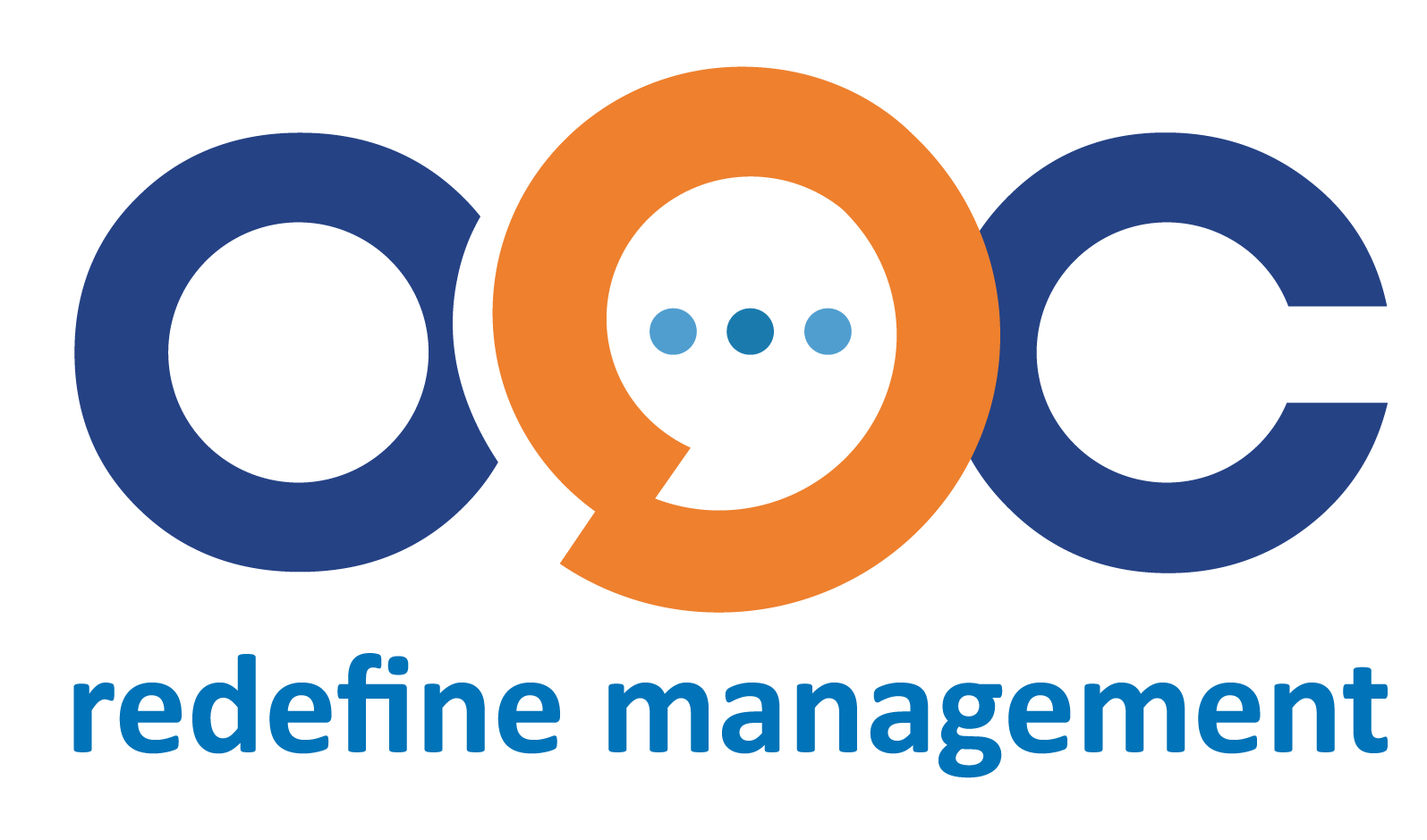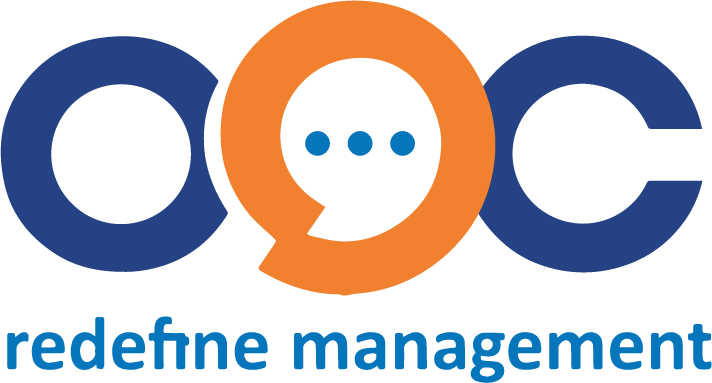
HR management is a critical aspect of running a successful business. An organization’s success is largely dependent on the performance of its employees, making it essential to have effective human resource management practices in place. In this article, we will discuss some key strategies for managing human resources to improve organizational performance.
Maintain Data Security and Accuracy

It’s critical to keep human resource information accurate and secure. Data security safeguards employee privacy and averts data breaches while data accuracy assists firms in making educated decisions. Using safeguards like routine data backups, password-protected access, and secure file storage will help businesses assure the accuracy and security of their data.
Develop Standardized HR Policies and Procedures

HR policies and practices can assist businesses in managing HR information consistently. In addition to protocols for data entry and reporting, this might also contain regulations on data access, retention, and destruction. The creation of uniform HR rules and procedures aids in the prevention of mistakes and guarantees that workers are treated equally and consistently.
Use Analytics to Gain Insights
HR analytics is the application of data to human resource management. Businesses can use analytics to find trends, forecast outcomes, and make wise decisions. Apart from that, they can utilize analytics, for instance, to spot trends in staff turnover and create retention plans. Lastly, they can also make data-driven decisions that enhance human resource management by using analytics to acquire insights.
HRIS Use
The management of human resource information requires the use of an HRIS, or human resource information system. Effective human resource information management depends on selecting the correct HRIS. All forms of human resource information, including personnel records, payroll, benefits, and performance reviews, should be able to be stored, arranged, and managed by an effective HRIS. When selecting an HRIS, businesses should consider factors such as cost, features, ease of use, and scalability.
digiiHRcore – HR Management Software
OOC’s Human Resource Management Software – digiiHRcore – was created with a friendly and easy-to-use interface to provide an effective tool for enterprises in human resource management. This is also a tool to help businesses to digitize all HR documents in the process of digital transformation. HR data is increasingly enriched, playing an important role in human resource analysis and human resource strategy building.
Personnel Data Management
- Updating, storing, searching and accessing personnel data (e.g. personal information, financial information, etc.).
- Synchronize data and scans of personnel records on the same software to increase the efficiency in storing and retrieving.
- Monitoring HR processes (e.g. working process, appointment, promotion, labor contract, training, salary adjustments, etc.).
File Management
- Storing documents, records, notifications, decisions related to personnel.
HR procedures
- Conducting HR procedures (e.g. creating labor contracts, transfer/appointment, etc.).
- Analyzing basic indexes, creating reports to divisions/ internal departments
HR policy management
- Creating a personnel policy, including information about the people affected by the policy, the policy’s validity period, and how the formulas in the policy are calculated.
- Managing, storing, searching HR policy versions in the form of formulas, objects and validity periods.
- Some typical policies: salary policy, allowance policy, holiday policy, etc,
Timekeeping data management and performance evaluation
- Getting data on attendance and achievements by integrating with other softwares such as production management, CRM, DMS, project management or other modules of digiiHR.
- Applying data to salary, bonus and performance calculations.
Working hours and leave of absence management
- Registering shift, working hours.
- Tracking and managing employees’ leave.
- Leave fund management.
Automatic Reports
- The HR analysis reporting system is automatic, intuitive, easy to adjust, capable of assisting management activities and using appropriate human resources.
- Strict warning system following the law.
To sum up, efficient management of human resource information is essential for every firm to succeed. Businesses need to ensure data accuracy and security, develop standardized HR policies and procedures, keep up with regulatory compliance, and use analytics to gain insights as well as considering using HR software. By following these best practices, businesses can effectively manage their human resource information and make informed decisions that improve organizational performance.

